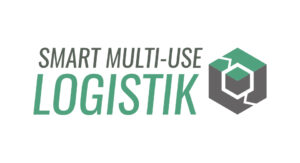
SMART MULTI-USE LOGISTIK
The aim of this project is to digitally support cross-company cooperation with parcel logistics.
Digital logistics with foresight – Practical solutions for the challenges of tomorrow
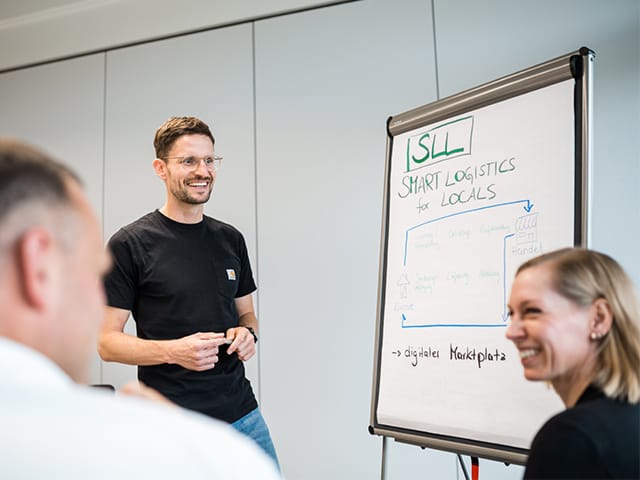
We want to be a driver for developments in the market. With an understanding of innovation that produces practical and robust products, on top of novel ideas.
— Dr. Harald Hempel, Head of Innovation & Research, DAKO GmbH
Innovation is our constant companion. In our research projects, we address the challenges of today and tomorrow in order to advance future technologies and transform their potential into usable solutions.

The aim of this project is to digitally support cross-company cooperation with parcel logistics.
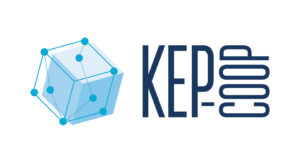
This project involved digitally mapping the entire logistics process in parcel delivery.
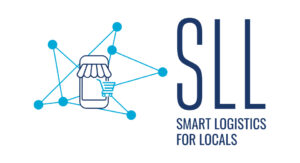
In this project, we developed a virtual marketplace and the software solutions necessary for local
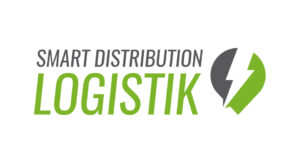
A central control platform, intended to optimise the use of e-vehicles along the supply chain.
We focus on networking – both with our software and in our exchanges with like-minded people. Our event series bring experts and users together to foster inspiration for the digital and sustainable future.
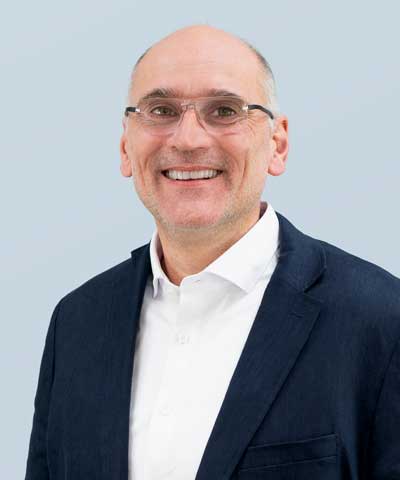
Leader - Innovation & Research
Have any exciting project ideas on digitalisation, sustainability and future technologies, or want to learn more about our projects? We look forward to hearing from you!